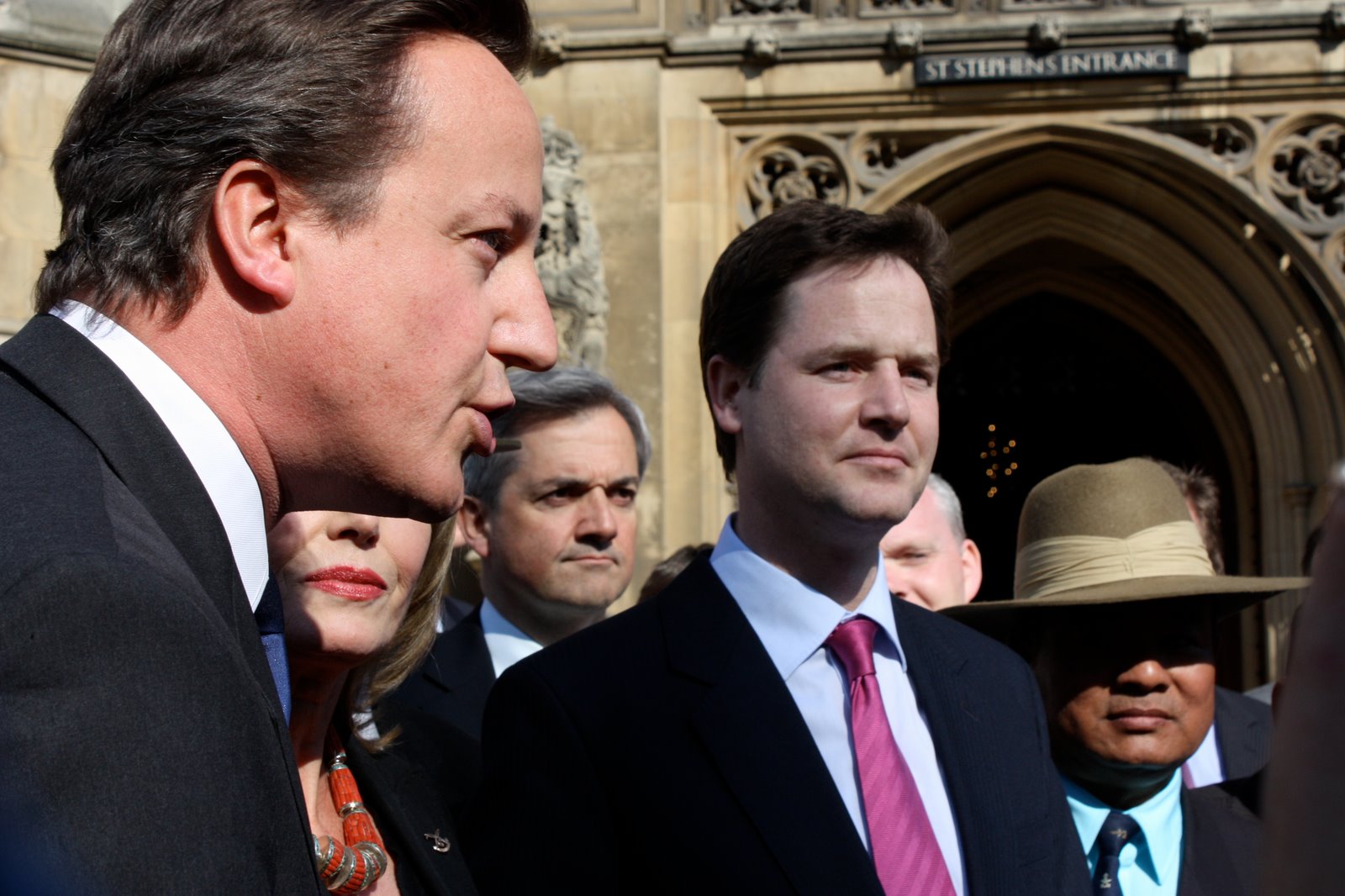Mrs Anne Main 05/02/13
House of Commons
London
SW1A 0AA
House of Commons
London
SW1A 0AA
Dear Mrs Main
I write today with the
second reading of the Marriage (Same Sex Couples) Bill in mind. I have followed
today’s debate with great intrigue, listening where I can to MPs speeches on
the issue of equal marriage. Debates such as these make me proud of our Members
of Parliament; typically the floor of the House is embarrassingly empty,
however today the level of involvement on the floor of the House has made me
proud of our democracy, for someone with a fondness of Parliament, it is nice
to see MPs and indeed you involved in the debate.
However I am upset to see
you voted against the Bill.
I understand the points you
made during the debate; you are correct that it featured in neither of the
coalition party’s election manifestos hence there is no mandate to legislate on
this issue. This does not suggest however that you the elected legislature
cannot govern on the issue. Indeed, this is a conscious issue where you the MP
must uphold the Burkean (after statesman Edmund Burke) principle of voting in
the best interests of your most loyal constitutes of whom you represent.
This is wrong. In entrusting
you with the Burkean principles of representation, we the people of St Albans
expect more than just a representation of St Albans interests. We expect you to
be better, in standing up and arguing for what is fair and is what is right. I find
it hard to believe that the UK can denounce countries who murder people for
being gay, yet fail to recognise the right of man to love someone of the same
sex in the act of marriage.
Indeed, during the debate I
was moved by the words of David Lammy MP (Tottenham) who argues that we cannot
be “separate and equal.” I refer you to the words of Salmon P. Chase, who in
the aftermath of the passing of the Kansas-Nebraska Act in 1854 said “There can
be no Democracy which does not fully maintain the rights of man, as man.” While
speaking on an issue of slavery (which has since been abolished in the US
gladly) I wonder if his words can indeed be echoed today as well. How can we
knowingly walk down the street, shoulder to shoulder, with homosexuals of whom
we deny the joyous celebration of love that is marriage between two
individuals?
While I respect your views
to be your own, I urge you to clarify your position on this issue, and your
reasons for voting against the Bill, by releasing a press-release on the issue
and perhaps publishing your reasons in the local newspaper so your most loyal constituents can comprehend your reasons in obstructing this progressive piece of legislation.
Yours Sincerely,
A St Albans constituent


